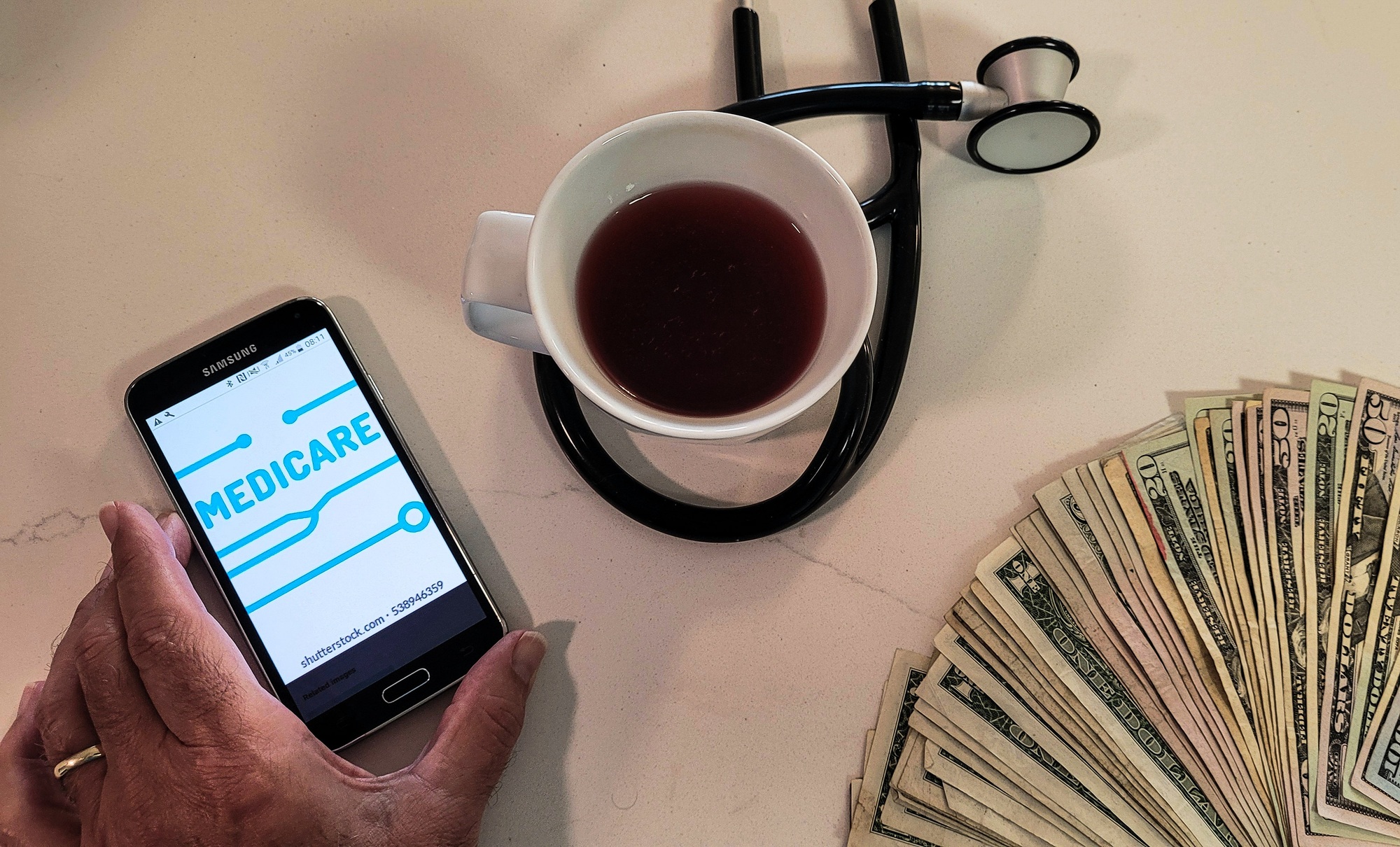While there are many demanding professions, few have the responsibility of caring for the health and well-being of fellow humans like doctors. The stresses that come with the job are well-documented, and battling the pressure can often lead to physician burnout. Scheduling vacation time is important for doctors who want to remain sharp in their practices. These are some strategies doctors can use to schedule vacation time while ensuring their practice continues to run smoothly.

Doctors should take longer vacations
Taking more than a week off at a time may seem daunting and impossible, but it can be done. In fact, many doctors can likely look back to a time when they were away from the office for more than five days. If it has been done before, it obviously can be done again.
There are other things doctors can do during the time away to justify the vacation time. Consider scheduling your Continuing Medical Education (CME) alongside your vacation to create a longer block of time off. What’s best, doctors who have private practices can get a better understanding of how the office will run in their absence. Often, employees will step up and do more. Giving your practice a chance to function without you for an extended period may help you relax even more when you want to take a longer vacation in the future.
Coordinate vacations with other doctors
In most physician offices, there is a limit to the number of doctors who can be out of the office at the same time. This restriction is a standard practice and shouldn’t discourage you from taking time off. If you’re part of a practice with multiple doctors, it’s a good idea to sit down early in the year to begin planning for vacation times. While not all time away from the office can be planned months in advance, the bigger trips – ones that are more than a week – are normally scheduled long before the trip. For the bigger vacation needs, there’s no better policy than to plan ahead.
Delegate responsibilities before vacation
One of the biggest concerns for doctors when scheduling vacation time is ensuring that their absence doesn’t disrupt patient care. This can be addressed by delegating responsibilities to a trusted colleague or hiring locum tenens physicians to cover for you while you are away. By having a reliable backup in place, doctors can eliminate some of the worry they have while on vacation, knowing patients will continue to receive the necessary care during your absence.
Manage the workload
Returning to a huge stack of work after a vacation can make the thought of taking time off seem overwhelming. In fact, one study said nearly half of people didn’t use all their vacation time because they were worried about the amount of work they’d return to after vacation. To reduce this concern, which can sabotage a vacation, it’s important to prioritize tasks before your departure. Communicate with your team and ensure that any urgent matters are addressed before you leave.
Emphasize self-care
As a doctor, it is vital to prioritize your own well-being and mental health. Taking regular vacations is essential for preventing burnout and maintaining a healthy work-life balance. Just like any other profession, physicians need to understand the body’s requirement to recharge mentally, physically, and even emotionally. While some vacations are more relaxing than others, taking advantage of time away from the daily stresses of your medical practice will make you more efficient and effective in your work.





